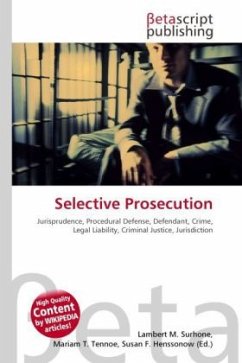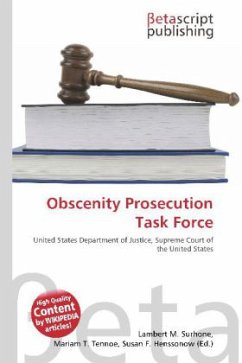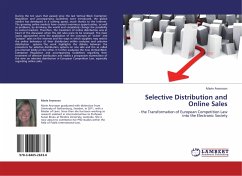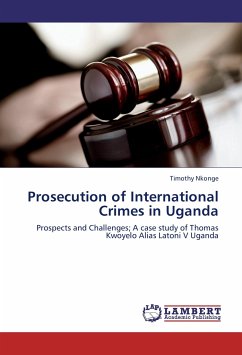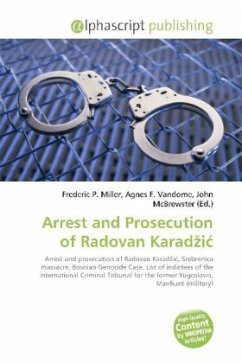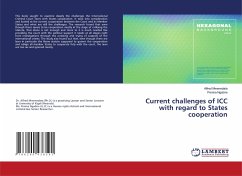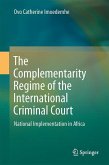In jurisprudence, selective prosecution is a procedural defense in which a defendant argues that they should not be held criminally liable for breaking the law, as the criminal justice system discriminated against them by choosing to prosecute. In a claim of selective prosecution, a defendant essentially argues that it is irrelevant whether they are guilty of violating a law, but that the fact of being prosecuted is based upon forbidden reasons. Such a claim might, for example, entail an argument that persons of different age, race, religion, or gender, were engaged in the same illegal actions for which the defendant is being tried and were not prosecuted, and that the defendant is only being prosecuted because of a bias. In the US, this defense is based upon the 14th Amendment, which requires that "nor shall any state deny to any person within its jurisdiction the equal protection of the laws.
Bitte wählen Sie Ihr Anliegen aus.
Rechnungen
Retourenschein anfordern
Bestellstatus
Storno

